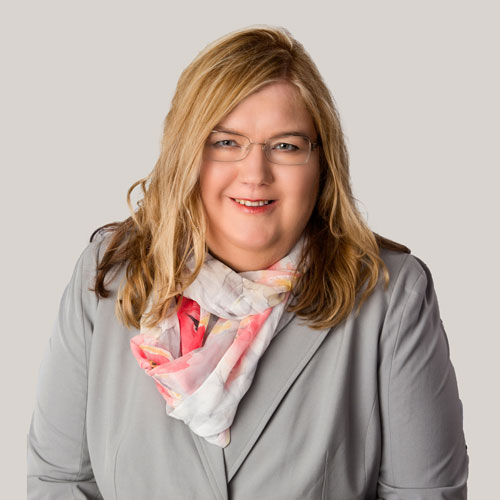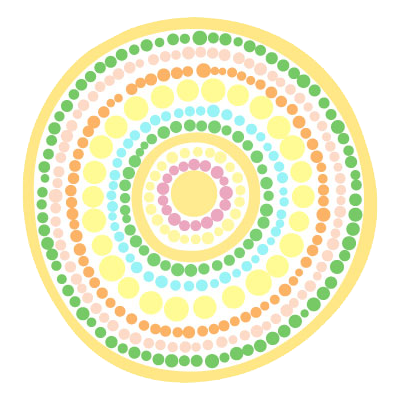The Disability Trust (The Trust) would like to announce the retirement of CEO, Margaret Bowen. While all at The Trust are deeply saddened to see Margaret leave, we are excited for her to embark on the next chapter of her journey. After joining The Trust in 1987 and dedicating thirty-five years to serving others, Margaret is looking forward to spending time with her family.
Margaret’s contribution to the development of The Trust and its operations will be greatly remembered. Her aim to achieve a more inclusive world lives on and Margaret plans to continue her advocacy and social justice work.
“I believe that The Disability Trust has always been much more than a service provider. Our roots are in social advocacy and a desire to change the world, to make it fairer and more equitable for all members of society.”
The Trust is incredibly fortunate to benefit from Margaret’s passion and dedication to its mission for creating an inclusive world. From coordinating a small team of five staff in a house in Wollongong, to over 1800 staff today across NSW, ACT, QLD and VIC, Margaret has led The Trust to deliver high quality services for people with disability. The Board of Directors recognises Margaret’s contributions to the Trust, stating:
On behalf of the Board of Directors, we sincerely thank Margaret for her leadership, advocacy and commitment to making this world an inclusive place for all. Margaret has dedicated 35 years to access, inclusion and equity for people with disability to live the life they choose. Margaret’s focus on respect and dignity for people with disability has made The Trust the organisation it is today. Margaret’s contribution leaves a lasting impact on the lives of people with disability, their families and carers and the Disability Sector. We wish Margaret all the very best in her retirement and all future endeavours!
Margaret’s leadership has enabled The Trust to become one of the major service providers in the disability sector. The Trust is now a $132M organisation supporting over 3000 clients, including 300 clients in supported independent living, and over 1000 clients in employment services.
One of the highlights of Margaret’s career was The Trust’s involvement in the closure of several large institutions in NSW for adults with intellectual disability. She recalls the significant advocacy around deinstitutionalisation back in the 1980s, stating “that it’s difficult to imagine that people living in the community was once a topic of community debate”. The closure of the last of the large residentials brings aspects of her advocacy efforts full circle. The devolution of the Hunter residential centres was driven by a desire to see people experience life as part of a community. The Trust supported 77 residents to move into 17 new homes based in the community. Residents now have the freedom to make their own choices on everything from grocery shopping, cooking food, maintaining a garden to going out for a coffee or taking a holiday.
The Disability Trust looks forward to the appointment of a new CEO in the coming months.


